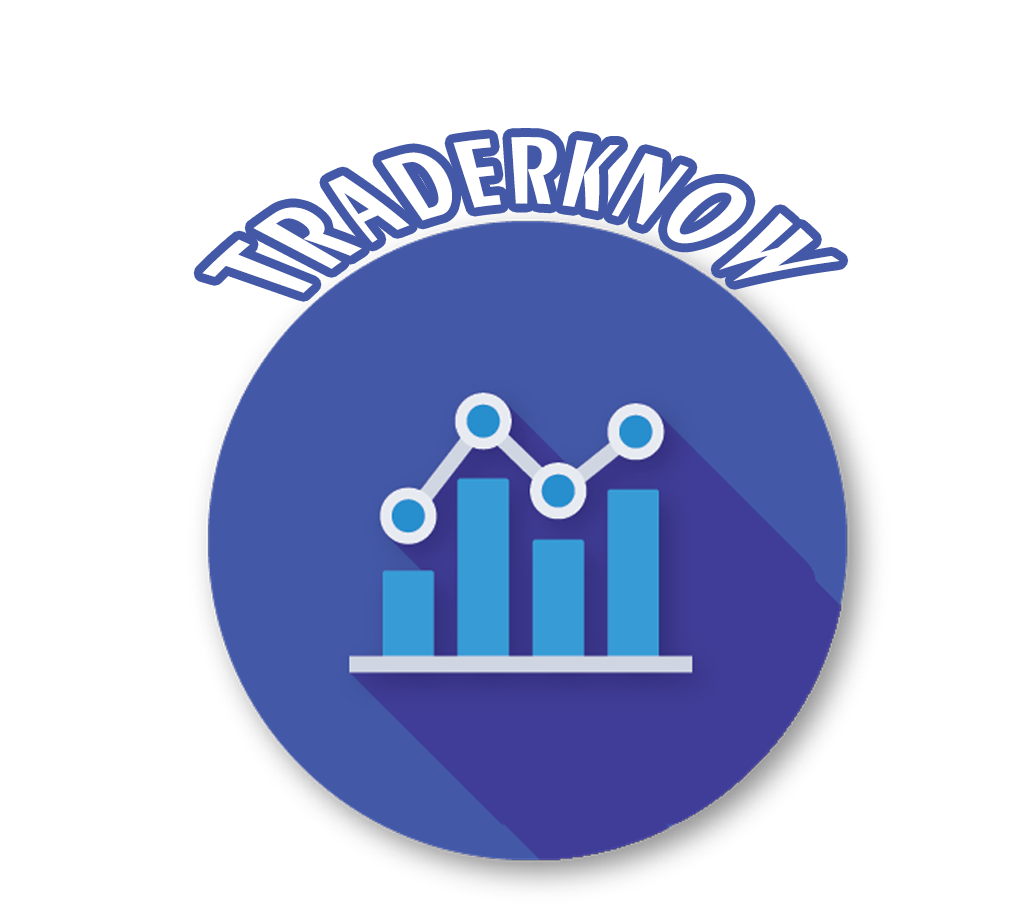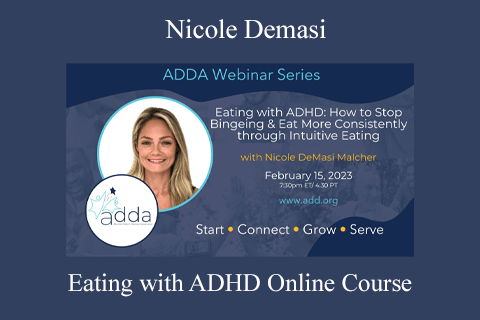Why Eating is a Challenge with ADHD Dopamine Deficiency & Boredom Constant self-stimulation becomes a necessity due to the insufficient levels of dopamine in the brain. Eating temporarily elevates dopamine and serotonin, providing stimulation and aiding concentration. Foods are perceived as rewards by our brains, fostering a tendency to eat for emotional or mental satisfaction rather than out of hunger.
Impulsiveness at its Peak Intense hunger sparks a compelling urge to eat, often causing us to overlook long-term considerations in our quest for immediate gratification. This is especially prevalent when unprepared, feeling anxious, or overwhelmed.
Lack of Interoceptive Awareness Diminished sensitivity to thirst and hunger makes exercising self-control more challenging. Postponing meals until extreme hunger sets in increases the likelihood of overeating. Anxiety, intense focus, or distraction further disconnect us from our physical sensations.
Executive Dysfunction The demands of meal preparation, grocery shopping, cooking, and organization prove overwhelming for each of us. The mental and executive effort required is exhausting, compounded by the pressure of perfectionism. Consequently, opting for takeout or snacks becomes a common choice over a nourishing meal, sometimes culminating in binge-eating, followed by guilt, and then a return to restriction.
Prone to Distractions Inattentiveness during meals not only leads to overeating but also diminishes the feeling of satiety. Time blindness often prevents us from realizing how much time has elapsed since our last meal.
Emotional Turmoil Regulating emotions is a constant challenge for individuals with ADHD, given the frequent extremes experienced. Negative emotions heighten the allure of eating, and while many use food for self-soothing, relying solely on this coping mechanism can result in binge-eating and feelings of helplessness.
Eating with ADHD Online Course with Nicole Demasi
First Module: Building Awareness
Because of this vitally important new awareness and comprehension, you will gain complete clarity, reassurance, and self-compassion, which will prepare you for a lifelong transformation of your relationship with food and ADHD.
- Discover the difficulties associated with eating and ADHD.
- Examine the connection between attention deficit hyperactivity disorder (ADHD) and eating disorders.
- The impact that having ADHD has on YOUR eating habits
- Find out your guidelines for food.
- Determine the areas in which you need to focus your efforts.
2nd Module: Rejecting Diet Culture & Understanding Metabolism
Starting here is the first step toward overcoming food restrictions and regaining your sense of agency. The impact of diet culture myths on your health will be examined, and suggestions for breaking the binge-restrict cycle will be offered.
- Examine the effects that diet culture has had on your life.
- Understand the various diets that exist and how to stop binge eating
- Find your personal eating guidelines and banish negativity.
- Gain a sense of mastery over your eating habits.
3th Module: Identifying Hunger & Making Peace with Food
There is a disconnect between what our minds think and what our bodies feel. To feel in charge of our lives and capable of overcoming obstacles, we can use intuitive eating to satisfy our mental, physical, and emotional needs.
- Discover the meaning of “intuitive eating” and its guiding principles
- Exactly how it will aid in ending your binge-eating
- A foolproof plan for indulging in any and all foods without feeling guilty.
- Methods for Eating Regularly
- What to eat for optimal mental and physical health
4th Module: Fullness & Satisfaction
The inability to accurately gauge hunger and satiety causes unreliable eating habits and destructive cycles of overeating and deprivation. By the end of this article, you will have the tools necessary to combat one of the greatest dangers to your mental and physical health and maintain command of your life.
- Understand your body’s signals for hunger and satiety.
- Medication-induced alterations in food cravings
- Instructions for eating in response to internal versus external signals
- Putting thought into what you eat so that you don’t feel hungry again and again
- Modify your relationship with sugar and manage your “trigger” foods
5th Module: Emotional Eating & Hormones
Reactive stress disorder, emotional dysregulation, and chronic boredom? Finding alternative ways to deal with stress and increase dopamine levels without resorting to food is a major goal of this course, and you’ll learn more about your eating habits, emotions, and triggers.
- Methods for Boosting Dopamine and Concentration
- The way out of either/or thinking
- Hormonal influences on ADHD and eating habits
- Contemplating and regulating your emotions
- The non-food ways of dealing with stress
6th Module: Self Care & Self Love
Overeating is a direct result of not taking good care of yourself and loving yourself enough. Constantly criticizing oneself is a waste of time and energy. Let’s improve our sense of worth and our relationship with our bodies by learning to love and care for ourselves.
- Learn how to reframe unfavorable thoughts and comparisons, as well as gain access to self-care strategies for those with attention-deficit/hyperactivity disorder.
- How to Improve Your Sense of Worth and Happiness
- Embracing and loving your physical self is the key to happiness.
- Putting an end to fatphobia and weight discrimination
7th Module: Plan. Shop. Cook
Inconsistent eating, including skipping meals or eating too little, and even bingeing, are direct results of being overworked and stressed. Let’s take the stress out of meal planning, shopping, preparing, and cooking by learning how to do it all with ease.
- Making a plan for your food intake (& your family)
- The importance of kitchen organization in preventing wasted food and money
- Identifying a Preparation Method that Works for You
- Making simple and fast food (without fatigue)
- Making food from scratch
- How to Spice Things Up and Increase Happiness
8TH Module: Creating a Routine
The daily grind is something we despise but cannot function without. Working memory is completely useless. Having a regular schedule can reduce stress and speed up the process of habit formation. In this article, you will learn how to use strategies for dealing with ADHD to establish a versatile, doable routine for eating that will keep you from bingeing and feeling overwhelmed.
- The steps to developing your own routine each day
- Eating regularly despite an unpredictable schedule
- Preparing for one’s own health care, medication, food, and snacks
- Suggestions and resources for maintaining momentum
- Here are some sample routines that have helped my clients in the past
9th Module: Nutrition & Movement
Fueling your brain with healthy foods is essential for developing your neurotransmitters and maintaining optimal health. To boost your levels of dopamine, get moving! This article will discuss the most important guidelines for maintaining a healthy brain in terms of diet and exercise.
- Including a variety of nourishing foods and enjoyable physical activity
- Find out which foods boost your levels of dopamine and serotonin.
- Raise one’s level of concentration, contentment, and joy.
- View the ADHD aids supported by studies.
- The gut is like a second brain; take care of it.
- Be steady and sure in your eating! I hope you’re enjoying yourself.
More courses from this author: Nicole Demasi
Course Features
- Lectures 1
- Quizzes 0
- Duration 10 weeks
- Skill level All levels
- Language English
- Students 0
- Assessments Yes


